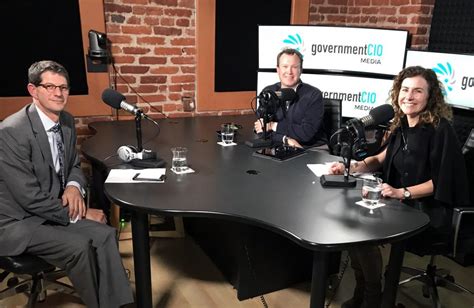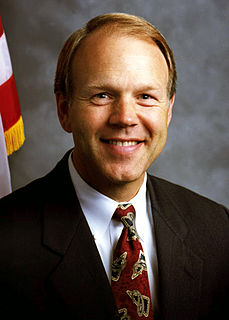A Quote by Donald Trump
Today, [cyber security] is totally questioned. People don't even know if we have the capability that we're supposed to have when you look at what's going on with other countries.
Related Quotes
The U.S. has the most advanced cyber-weaponry on the planet, and t if you look at the U.S. from the perspective of the Chinese People's Liberation Army, which runs most of its cyber activities, they look at you and they see Google and Facebook - the two largest depositories of personal data in the world - and they see the reach of the National Security Agency, which has huge digital capacity to know what is going on around the world. So the Chinese would see cyber as an un-level playing field, because the U.S. holds all sorts of advantages.
Of course I don't know what's going on in that meeting on in the mind of Donald Trump. But I do know one of the things President Barack Obama was struck by was how much time he spent on cyber-security as president. And one of the things he said was that, in the years ahead, the next president will be spending even more time. And cyber-security isn't a thing that goes away after this election. It's a constant flow.
The wheel of government will continue to work, even as these people come in and we wait for them, but the issue is, there's always one thing, that a new administration confronts.For the Bush administration, it was terrorism. For this administration, it's going to be cyber-security, not Russian hacking. That's a symptom of the bigger problem, but the bigger issue of cyber, how they deal with that. So, we may see something else we're not anticipating. That's going to be their challenge.
You look at Russia's doing with their nuclear capability and the newness of their capability, and look at we're - what we're doing, and nobody wants to do that with respect to nukes because nukes are horrible. But you have countries that are going out of their way to do things that we're not doing. And we have to be very, very careful.
Today is just to the beginning of a long and overdue national discussion on how to protect ourselves from modern cyber crime and evolving national security threats and how to develop the cyber offense strategies necessary to gain a critical security edge in the 21st century. We need the edge, and ideally, a big one.
I think disease and all the things that we treat are tied to national security in a lot of ways that we maybe don't realize or that the American people don't realize. If other countries have a chance to be stable, then that helps us. If there are ways we can prevent if there are ways we can help other countries defeat diseases, we're about to totally eradicate polio. And can you imagine? That would be so terrific.
Look, it's no longer about capacity, how many ships, how many air wings, how many battalions. It's about capability. If we dominate cyber space and know and can read the other guy's mail, and with a very accurate laser-guided munitions put it in this window or that window, it's not how much, it's knowing exactly where to pinpoint a target.




























